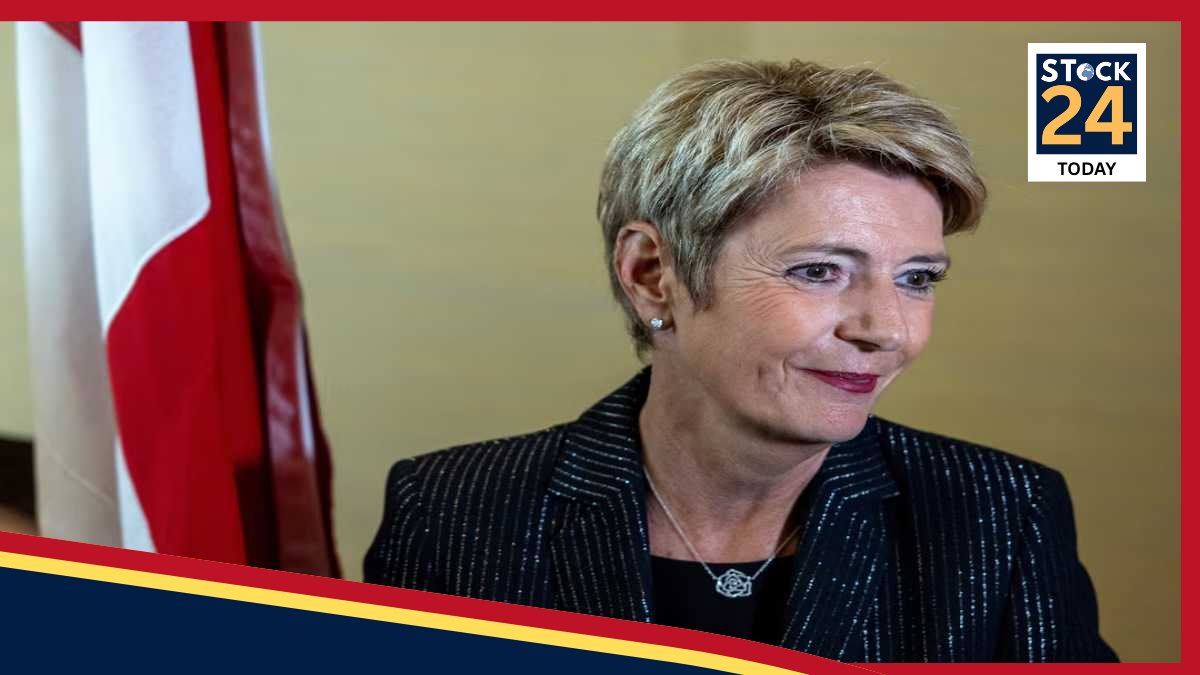Swiss Delegation Fails to Avert 39% U.S. Tariff in Last-Ditch Washington Talks

WASHINGTON – A last-minute diplomatic mission led by Swiss President Karin Keller-Sutter left Washington empty-handed on Wednesday after failing to secure a deal to prevent a crippling 39% U.S. tariff on Swiss exports, set to take effect on Thursday.
Despite a “very friendly and open exchange” with U.S. Secretary of State Marco Rubio, the Swiss delegation was unable to meet with President Donald Trump or his top trade officials to negotiate a reprieve, according to sources familiar with the matter. Switzerland, a key trading partner for the U.S. and a leading buyer of its goods, now faces significant economic disruption.
The Swiss team had reportedly sought a reduced tariff rate of 10%, a proposal U.S. officials rejected as they prioritize reducing the U.S. trade deficit. The 39% rate, which President Trump increased from a previously announced 31%, is among the highest tariffs levied in his global trade overhaul.
“We came over with the intention of presenting new ideas to the American administration to resolve the tariffs matter, which we have done,” said a source close to the Swiss delegation. “We are ready for negotiations to continue.”
Washington is reportedly seeking increased energy and defense purchases from Switzerland. This follows a pattern seen in a recent U.S.-EU deal, where Brussels agreed to buy billions in U.S. energy products to secure a lower 15% tariff rate.
While Switzerland has already placed a $7.43 billion order for U.S.-made F-35 fighter jets, Swiss officials had signaled a willingness to purchase U.S. liquefied natural gas (LNG) to help sweeten a deal. However, no agreement was reached.
The looming tariffs have sent shockwaves through the Swiss economy. Business associations warn that tens of thousands of jobs are at risk. On Wednesday, President Keller-Sutter met with leaders from major Swiss companies like Roche and Partners Group to discuss the dire situation.
Industries from machinery to fine watches are bracing for impact. Swiss cheese producers, who sold 11% of their exports to the U.S. last year, face a devastating blow. “The taxes are enormous,” said Anthony Margot, a fifth-generation cheese maturer. “We can’t replace a market like the United States overnight.”
The Swiss cabinet is scheduled to hold an emergency meeting, but for now, the country is preparing for the steep tariffs to be implemented, threatening to inflict major damage on its export-driven economy.





